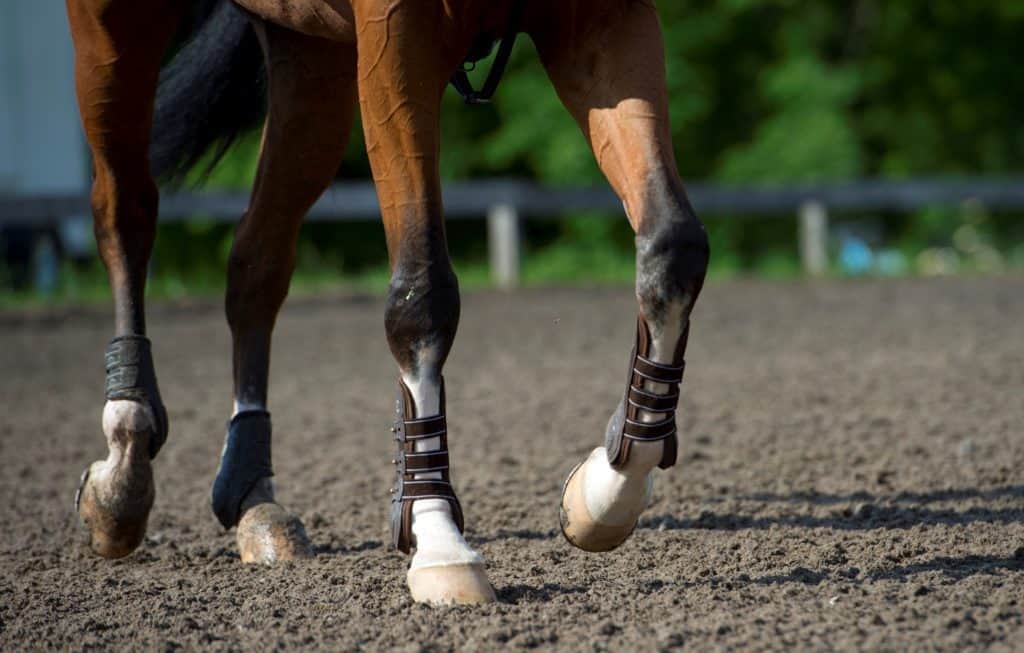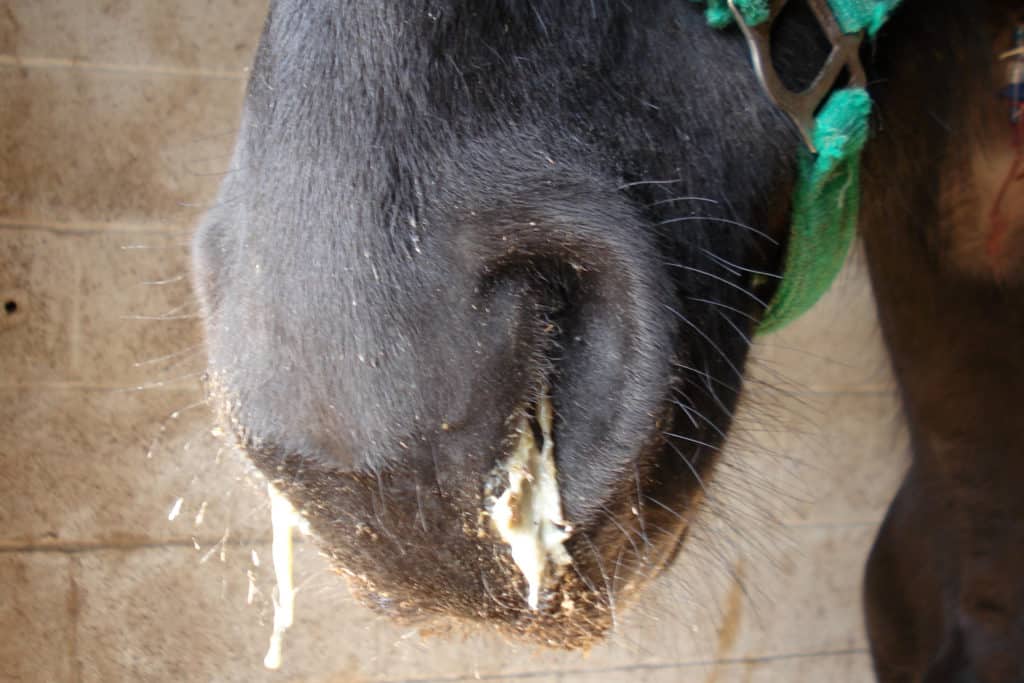
Equine Arthritis Research Update
A look back at what scientists have learned about osteoarthritis in horses in the past year.
How to care for the basic health needs of horses

A look back at what scientists have learned about osteoarthritis in horses in the past year.

Horses are known for their big hearts, both figuratively and functionally, but what makes the equine heart so special?

Follow these 3 steps to feed your horses efficiently and potentially help reduce your feed bill.

Two veterinarians share how they diagnose, treat, and rehab back-sore horses.

How to help performance horses of all types reach peak fitness.

Researchers believe this approach is safe for use in healthy equine joints and might be beneficial for treating osteoarthritis in horses.

Here’s how to handle a strangles outbreak in your barn and prevent the disease in the future.

An equine behavior expert offers advice on raising and training an orphan foal to reduce future unwanted behaviors.

New research shows that veterinarians might need to allow several hours between transportation and testing for conditions such as PPID.

Fluorescent light energy (FLE) promotes healing and provides antimicrobial activity and anti-inflammatory effects in equine wounds and skin conditions.

Horses on antibiotics might experience feeding, housing, and management changes as well as increased stress, which are associated with gastric ulcer development.

Here’s a look at what hair analysis and bloodwork each can tell you about your horse’s nutritional health.

Data show frequent use of this OA treatment over time could be harmful in horses.

One expert explains the pros and cons of vaccinating your horse against EHV-1.

Veterinarians: Follow these 4 steps to maximize the success of injections in this region of the horse’s neck and minimize the risk of complications.

A nutrition expert offers advice for ensuring free-fed horses don’t overeat hay.
Stay on top of the most recent Horse Health news with
"*" indicates required fields